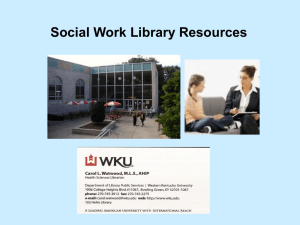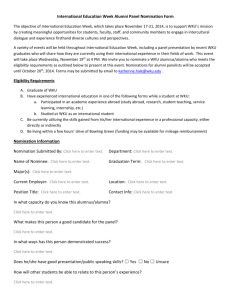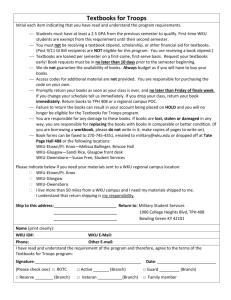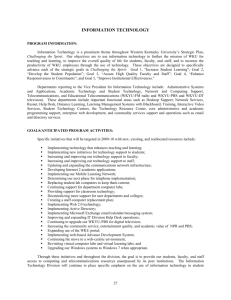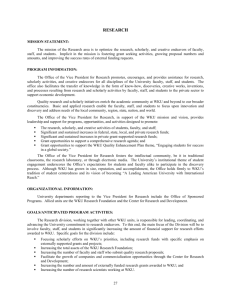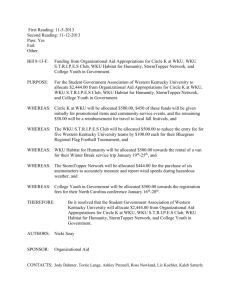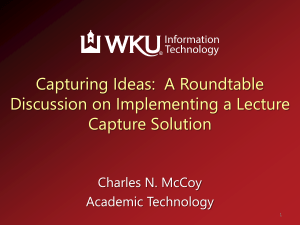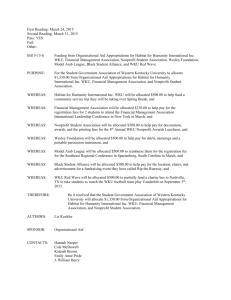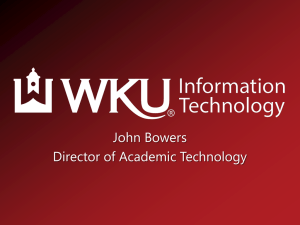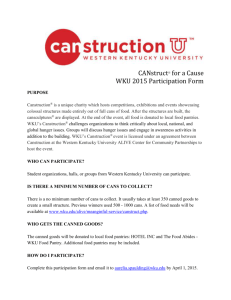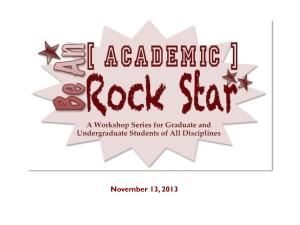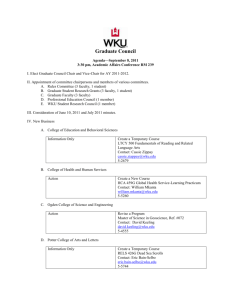The ADP New York Times Program
advertisement
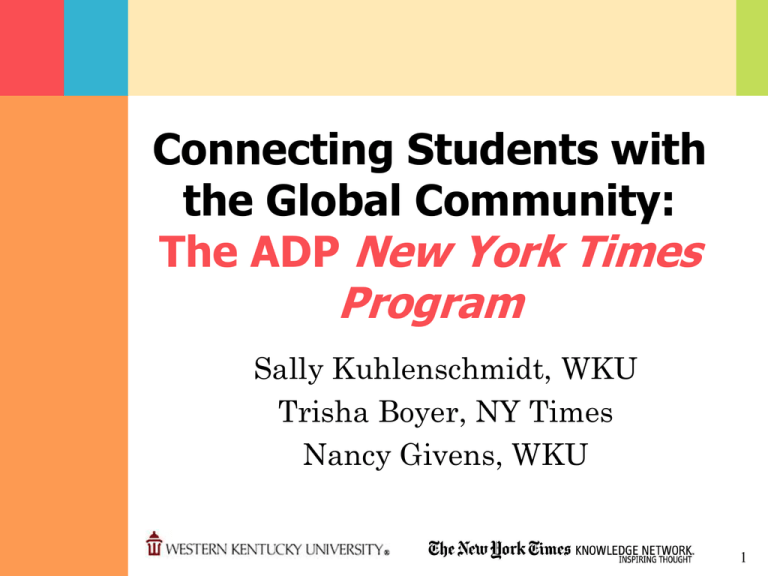
Connecting Students with the Global Community: The ADP New York Times Program Sally Kuhlenschmidt, WKU Trisha Boyer, NY Times Nancy Givens, WKU 1 Introduction Why? • Engage students civically – – – – Active learning Case-based learning Critical thinking Cooperative learning • Acquire resources for your campus How? The New York Times Readership Program 2 The New York Times Readership Program • Newspapers for students at a significantly reduced rate. - used for educational purposes. • Institution can customize the program - For 25 to 10,000 students - Target the entire student population or any segment. • Newspaper locations may vary: - Faculty or student pickup from central point, - Display racks in residence or academic halls - Home delivery or - The electronic edition • Participating institutions have access to The New York Times complimentary resources. 3 WKU Example • One of largest programs. Fall 2005: – 47 faculty receive for their classes • 23 departments • e.g., Nursing, English, Agriculture, History, P.E., Management – 3,282 papers delivered weekly on campus – (75 copies to local high school- free) • http://www.wku.edu/teaching/media/ 4 Uses/Accountability • Faculty request w/ Activity Plan • Faculty report their uses: – – – – – Critical Analysis Connection to Real World (Cases) Supplemental Text Application Course Principles Group Work • http://www.wku.edu/teaching/booklets/ newspaper.html 5 Complimentary Resources • TimesSelect (available Spring 2006) – Access to Op-Ed, Business, Metro and Sports columnists • Access to The New York Times speakers bureau – WKU: Ozier Mohammed, Photojournalist in Iraq – WKU: Master Teacher, Texas A&M • Faculty, student and campus newspaper development workshops • Support for campus contests – WKU: Why Students Should/Shouldn’t Vote – WKU: 2 Day Video Contest 6 Complimentary Resources • Discipline-specific teaching guides – Monograph http://www.nytimes.com/ref/college/faculty/coll_mono_index.html • Sponsorship of regional and local events – WKU: Items for academic conferences • Connections to local and other national newspapers – WKU: Bought ads in student paper • Complimentary newspapers provided to partner high schools – WKU: 75 copies to local high school, free to them • The New York Times College website: www.nytimes/college 7 American Democracy Project • Over 200 campuses – The American Association of State Colleges and Universities (AASCU). – The New York Times partner • Seeks intellectual & experiential understanding of civic engagement for undergraduates • Goal: produce graduates – who understand civic engagement and – are committed to engaging in meaningful actions as citizens of a democracy. 8 Why the need? Students are not voting. 2000 1996 1992 1988 1984 1980 1976 1972 Presidential Years 80% 25+ turnout 18 – 24 turnout 70% 60% 50% 40% 30% 20% 10% Source: Current Population Survey (CPS), November Supplement, calculated using CIRCLE method. 9 ADP Teaching Tools • The New York Times Readership Program • Service Learning • Educational Programs – – – – – First Year Experience Voting Awareness Student Affairs collaborations Constitution Week And others 10 Role of Teaching Center • Coordinates – American Democracy Project • Funds for student activities & faculty support • Interest in Service Learning – The New York Times Readership Program • Resources to give to faculty • Encourage Active Learning discussions around the newspapers & civic engagement 11 For Further Information Teaching Resources Program Set Up Sally Kuhlenschmidt Trisha Boyer Western Kentucky University The New York Times Director FaCET boyert@nytimes.com sally.kuhlenschmidt@wku. edu 877-228-7013 Education Manager 270-745-6508 12
